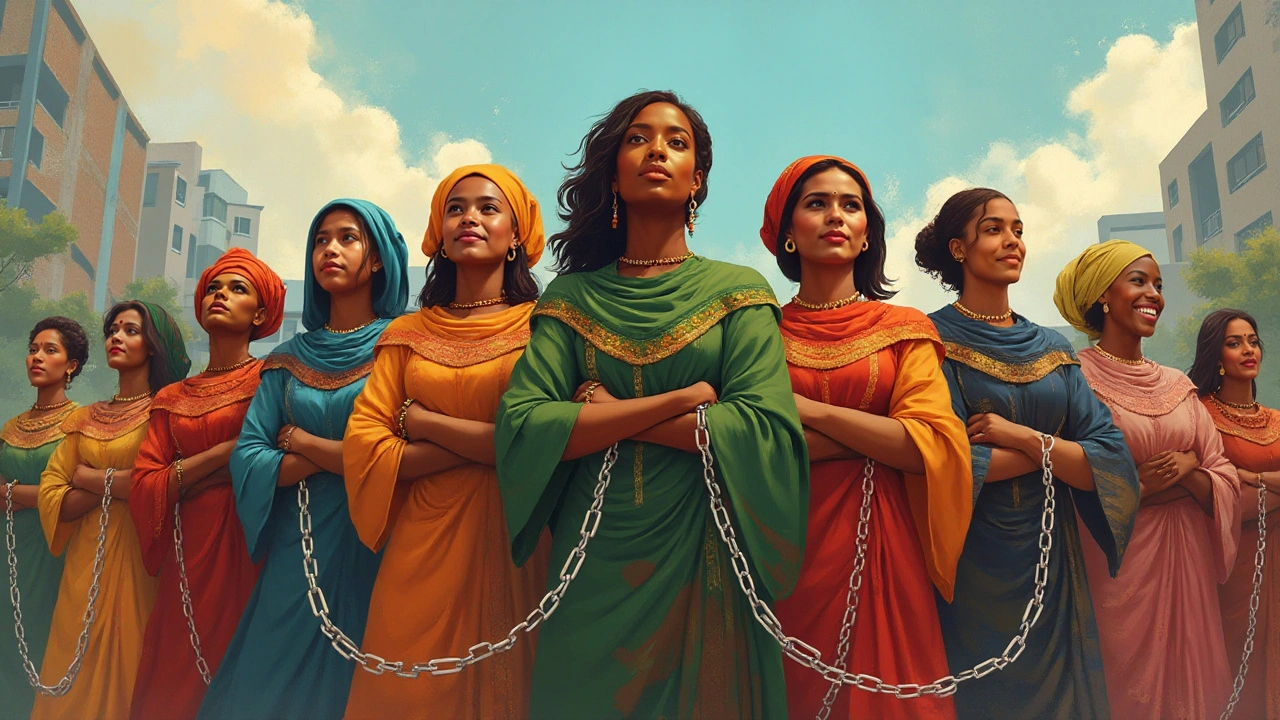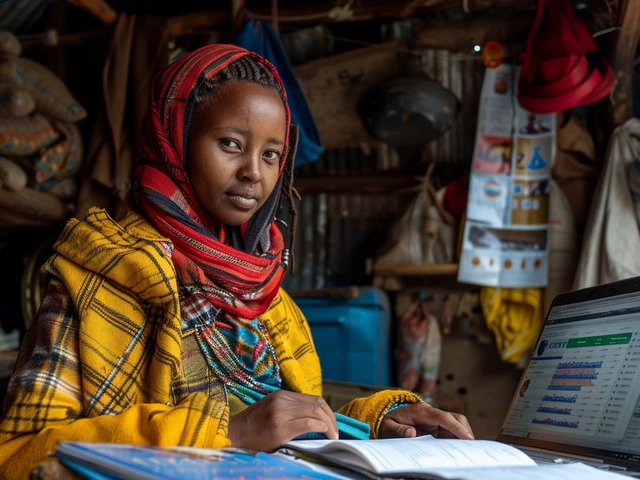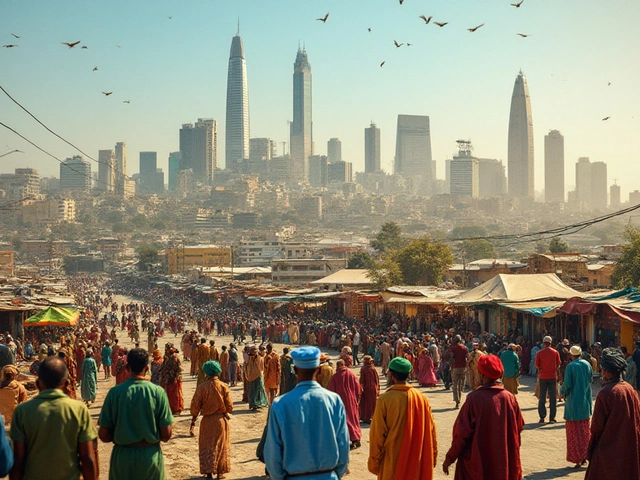Harmful Customs in Ethiopia: What They Mean for Jobs and Modern Life
When you think about harmful customs in Ethiopia, your mind probably jumps to stories about outdated traditions. But these aren’t just tales of the past—they shape daily lives, workplaces, and even the entire job market today. If you’re planning to work, invest, or just live here, it’s worth understanding how certain customs can affect your career and opportunities.
Some customs aren’t just social quirks—they can hold people back from better jobs or fair pay. For example, practices that prioritize men over women in hiring or promotion still play out in some businesses, shutting talented women out of key roles. This doesn’t just hurt individuals; it freezes a part of the workforce, making it tougher to fill skills gaps or innovate in a competitive job market.
Workplace hierarchies in Ethiopia often stick to traditional models, where speaking up—especially if you’re younger or new—can be frowned upon. In modern teams, fresh perspectives drive growth, but these customs can keep smart ideas on the sidelines. If you’re coming from a different background, you might notice people hesitating before challenging a manager. This slows down change where new approaches are badly needed.
Outside the office, old customs affect family life and education, too. For example, in some regions, girls are expected to help at home instead of going to school. That limits access to education and, later, to higher-paying careers. The wider economy loses out when half the population isn’t able to contribute fully.
Economic traditions also play a part. Small family-run businesses might still use informal contracts or bartering, ignoring official regulations. While this keeps age-old ways alive, it means workers may miss out on benefits, stable salaries, or legal protections. Navigating this environment requires understanding both the risks and the reasons behind these choices.
Foreign investors and new professionals sometimes struggle to fit in or get ahead when customs trump qualifications. Knowing these social codes, and being sensitive to them, helps—but challenging them, even in small ways, can open paths for progress. For example, some urban companies are adopting more inclusive and modern workplace cultures, proving change is possible.
The landscape isn’t all rigid. Ethiopia is a young country, demographically, and each year more people head to cities for better opportunities. Urban life often softens the hold of rural traditions, with education and exposure to global cultures driving fresh attitudes. However, old customs can linger, especially in hiring and daily workplace routines.
If you want to get the most out of your career or business in Ethiopia, it pays to be aware of these traditions—not just to avoid missteps, but to find ways to bridge the old and the new. Addressing harmful customs head-on isn’t just about fairness—it’s also key for economic growth, business success, and a thriving society.





